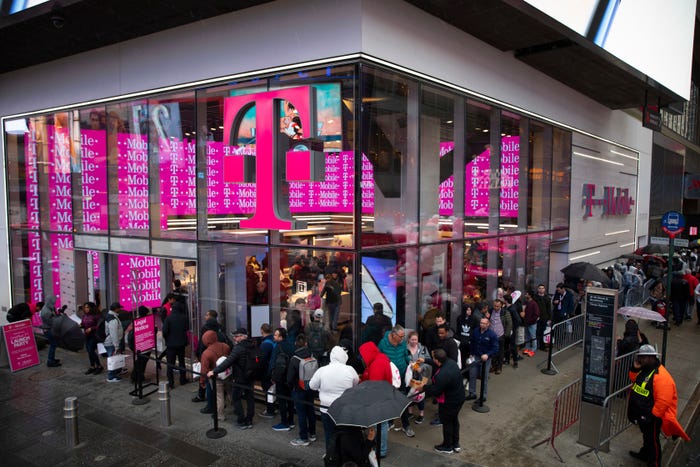News
Court gavel resting on a pile of money.
Mobile Core
Lumine beats Skyvera with $32.25M bid for Casa's wireless businessLumine beats Skyvera with $32.25M bid for Casa's wireless business
After a surprise bid by Skyvera, Lumine and Skyvera participated in an auction for Casa Systems' wireless business. With a final $32.25 million bid – far above its initial offer – Lumine won.
Subscribe and receive the latest news from the industry.
Join 62,000+ members. Yes it's completely free.


















.jpeg?width=300&auto=webp&quality=80&disable=upscale)
































